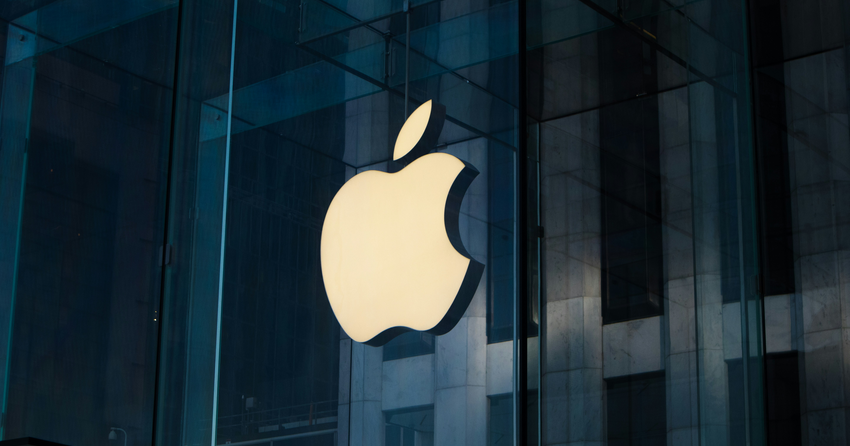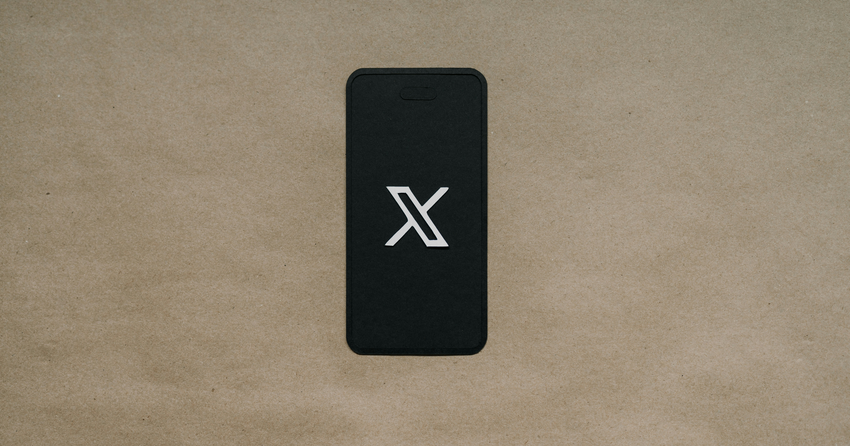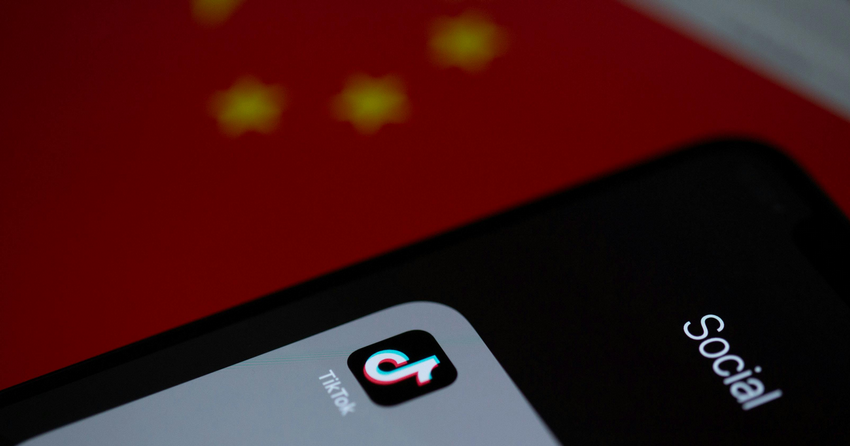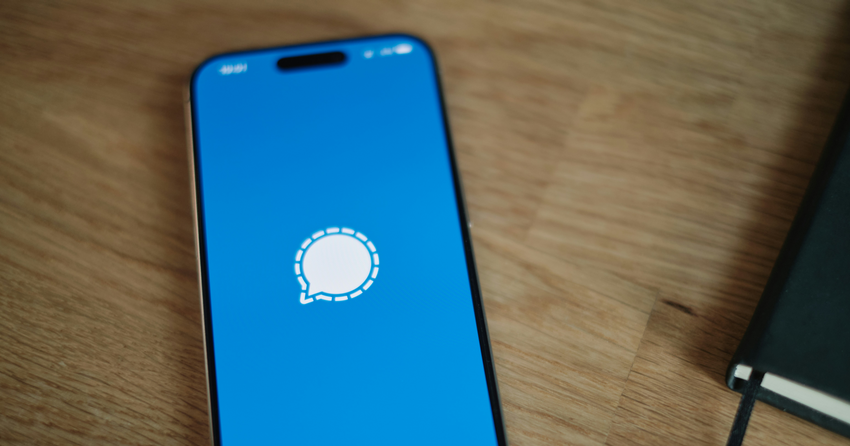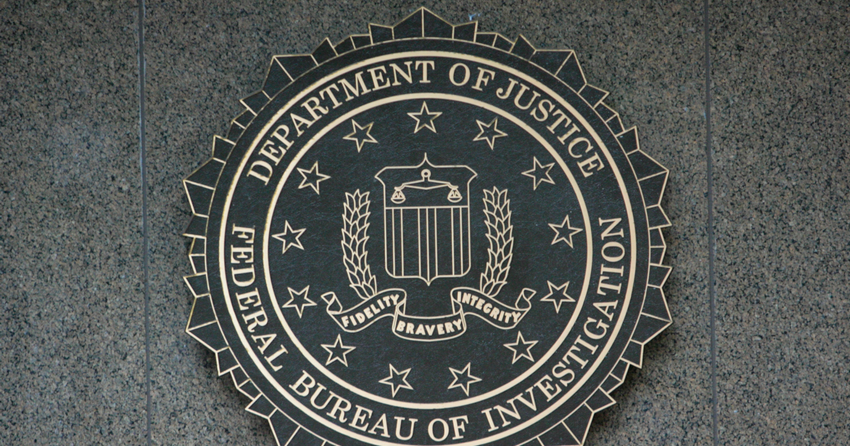
26 Billion Records Exposed in “Mother of All Breaches”
Security researchers from Cybernews, together with Security Discovery owner Bob Dyachenko, discovered a massive data leak on an open storage instance. Researchers dubbed the supermassive data leak the “Mother of All Breaches” (MOAB).
Containing 12 terabytes of information across 26 billion data records in 3,800 folders, with each folder representing a separate data breach, the MOAB is likely the biggest to date. The data breach appears to be a compilation of thousands of past data breaches affecting big names such as LinkedIn, Twitter, and Tencent.
Although there’s a chance that the information exposed is not new, it’s probable that “the MOAB contains never seen before information.” Some of the records are duplicates, meaning the number of unique records could be less than 26 billion records.
Still, the MOAB contains sensitive data beyond credentials that the malicious actors can misuse for different bad scenarios. “The dataset is extremely dangerous as threat actors could leverage the aggregated data for a wide range of attacks, including identity theft, sophisticated phishing schemes, targeted cyberattacks, and unauthorized access to personal and sensitive accounts,” the researchers warned.
Researchers suspect that the owner of the MOAB has some interest in keeping large amounts of data, indicating that it could be a malicious actor, data broker, or even a service that works with heaps of data. Security professionals are doubtful that the individual or group behind the MOAB is likely to “ever to be identified.”
Chinese instant messaging app Tencent QQ is most affected by the MOAB with 1.4 billion records exposed, followed by Weibo (504MM), Myspace (360MM), Twitter (281MM), Deezer (258MM), LinkedIn (251MM), AdultFriendFinder (220MM), Adobe (153MM), Canva (143MM), VK (101MM), Daily Motion (86MM), Dropbox (69MM), and Telegram (41MM).
Government organizations weren’t spared either, with compromised records from the US, Germany, Brazil, Turkey, and the Philippines.
Security researchers predict that MOAB’s impact on affected consumers could be “unprecedented.” The habit of reusing usernames and passwords across services could create a “tsunami of credential-stuffing attacks.”
To prevent spear-phishing attacks spam emails, and other harmful attempts, security researchers advise consumers to use strong passwords, avoid reusing passwords across services, and take advanced security measures like enabling multi-factor authentication.





